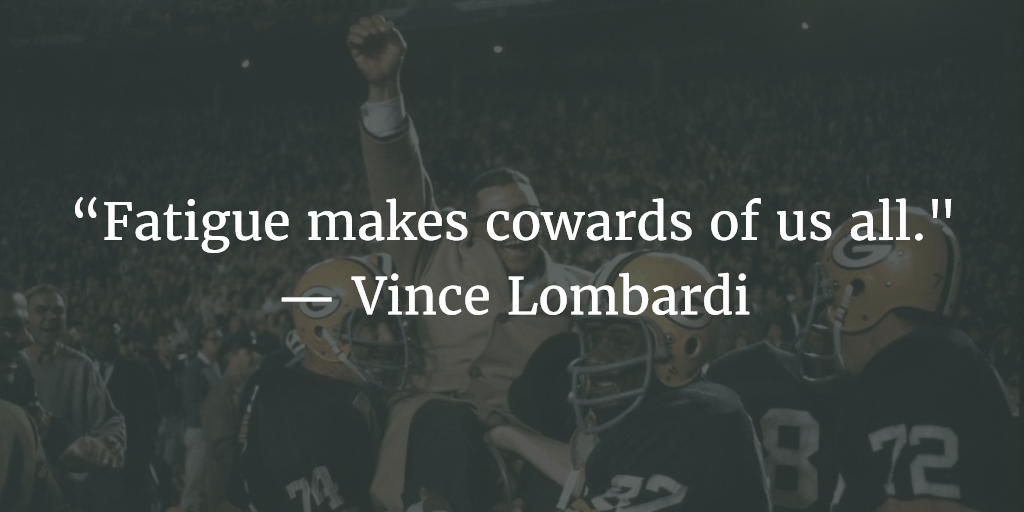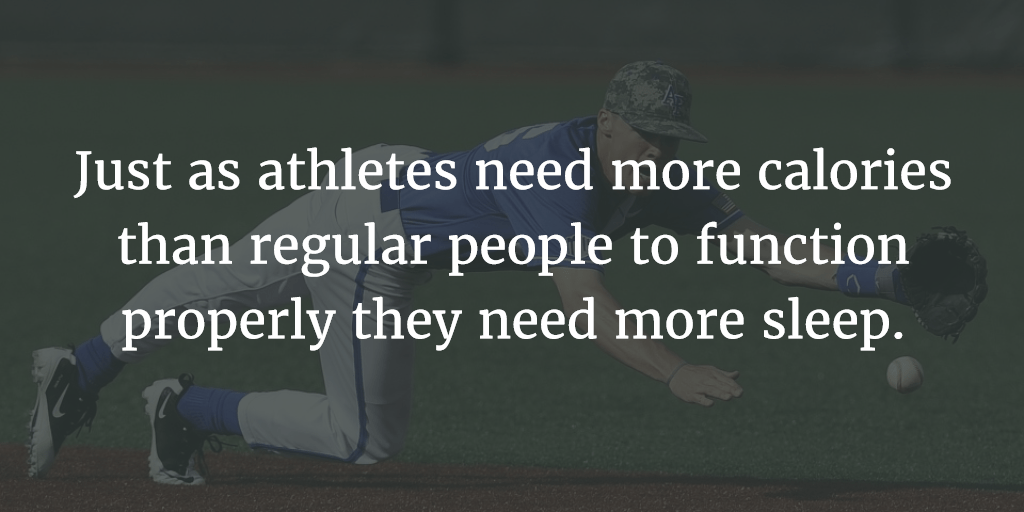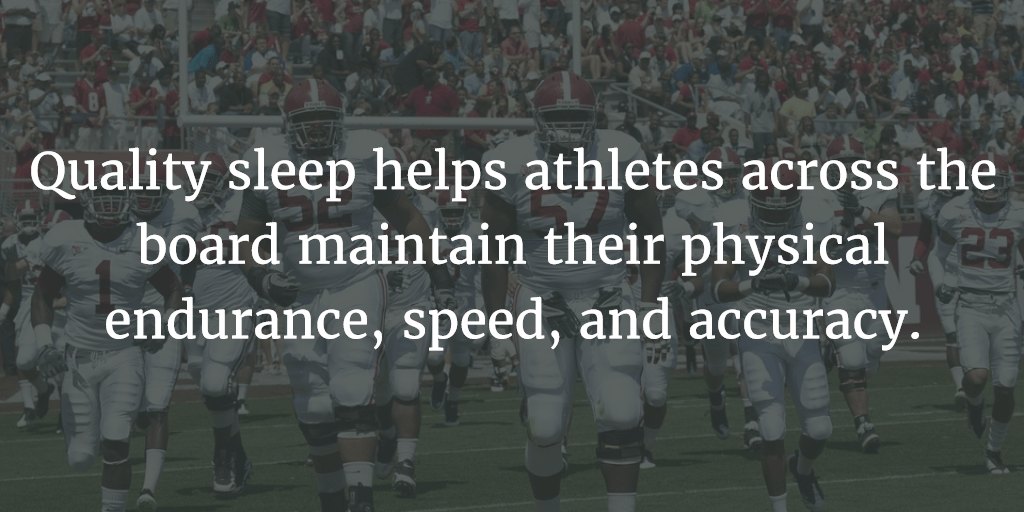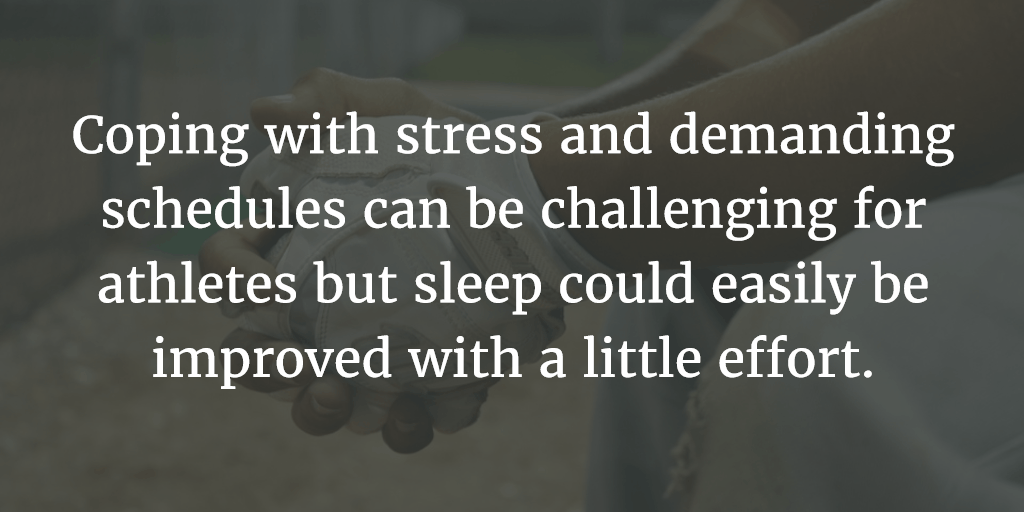
A lot of people are sleep deprived… Everything from last minute travel to anxiety prevents people from getting a good night’s rest on a regular occasion. While sleep deprivation is nothing uncommon, you’d be surprised to know just how many people don’t get enough sleep…
Last year, Pegasus Capital Advisors teamed up with ResMed and Dr. Oz to from SleepScore Labs, an organization that aims to enables us to understand our sleep and deliver the first clinically proven standard for measuring sleep in our homes.
Back in January, they organization conducted the largest sleep study in the history of the United States, which looked at sleep information from more than 20,000 people and a collective 1.5 million nights’ worth of sleep. And they discovered that sleep is chronically neglected by most Americans.
Just check this out – according to data from the study, almost 80% of US citizens aren’t getting the recommended amount of sleep each night. Moreover, men in the US average only 5 hours and 45 minutes of sleep each night, while women are slightly better, with 6 hours and 9 minutes.
How Much Sleep an Average Athlete Needs?

The first thing we have to mention is that most people need between 7 and 8 hours of sleep to function properly. Naturally, since they put more strain on their bodies during the day, athletes need more sleep. Simply put, athletes are pushing their bodies in practice almost every day, so they need more time to rest their muscles and fully recover from a workout.
As a matter of fact, according to David Geier, a sports medicine specialist, an average athlete needs at least one hour of sleep more than your average Joe. In some cases, this means going to bed 60 to 90 minutes earlier in others, this means taking an afternoon nap.
So why do athletes need more sleep? Well, because not getting enough sleep will make them tired the next day and impact what’s happening inside of their bodies in a negative way. You see, sleep is the time when our bodies repair themselves, and if you don’t get enough sleep, your body won’t be in top-notch condition and you won’t be able to perform at 100%.
How Quality Sleep Affects Athletic Performance?
 Sleep is necessary, we all understand that. However, can you actually improve athletic performance by adding an hour or two of sleep each night? To cut a long story short – yes, you actually can – but let’s look at a couple of specific examples to give you more insight into this…
Sleep is necessary, we all understand that. However, can you actually improve athletic performance by adding an hour or two of sleep each night? To cut a long story short – yes, you actually can – but let’s look at a couple of specific examples to give you more insight into this…
-
Having a Longer Career
A recent study on MLB players demonstrated that fatigue will shorten the careers of professional athletes. What’s more, the researchers were actually surprised how linear the relationship between career length and sleeping habits is. The study also demonstrated that researchers can now use the science of sleep to accurately predict performance…
Also, if you’ve shown any signs of sleep apnea, you need to consult a doctor a find a proper sleep apnea remedy as soon as possible. There are athletes all over the world who suffer from sleep apnea, which doesn’t just affect their athletic performance but can also be extremely hard on their cardio-vascular system. Chronic stress on your heart during athletic events can even lead to premature death…
-
More Accuracy and Faster Times
Your body heals itself overnight – it’s safe to assume that all of us are aware of that fact at this point – however, sleep is crucial for your biochemical, physiological and even cognitive restauration, according to researchers from the University of Stanford. A couple of years ago, they conducted a study with their basketball team to see the effects of sleep on their performance…
After maintaining a regular sleep schedule for four weeks in order to establish a baseline, the team went through a seven-week-long sleep extension period, in which they slept for around 10 hours per night. And the results were actually amazing. And following the sleep extension period, the players improved their three point and free throw percentage by 9% each and demonstrated faster sprint times.
-
Better Reaction Time
Most athletes cannot spare even a fraction of second to react to a play unfolding in front of their eyes, but sleep deprivation can reduce your reaction time significantly. For instance, did you know that a single sleepless night can reduce your reaction time by 300%? What’s worse, in most cases, your body needs a couple of days to fully recover from an all-nighter.
Moreover, being awake for more than 22 hours at a time can slow your reaction time more than four drinks of hard alcohol could, according to a study conducted by the University of New South Wales. Although there are quite a few differences between being drunk and being fatigued, you still can’t expect to perform good without a good night of sleep either.
What Can You Do to Improve Your Sleep?
 And now we’ve come to the most complicated part of our journey. Not because it will be hard to explain anything mind you, but simply because getting enough sleep every night takes a lot of focus, practice and commitment, just like working out and training.
And now we’ve come to the most complicated part of our journey. Not because it will be hard to explain anything mind you, but simply because getting enough sleep every night takes a lot of focus, practice and commitment, just like working out and training.
You have to be aware that a lot of things will get into your way – early morning workouts, traveling long distance and of course, day-to-day stress – but you have to make an effort to make all of these quick fixes a part of your daily routine if you want to see some progress.
-
Adjust Your Body When Traveling
If you have to travel for a big competition, you have to give your body enough time to get used to a new setting. So you should definitely travel a couple of days – or even a couple of weeks if possible – early to adjust to a new setting and give your body enough time to get on a usual sleep schedule.
-
Try Not to Use Sleep Medication
Unless your doctor prescribe them to you, you should strain from using sleep medication – even the over-counter ones. Even legal sleep medication will lessen the quality of your sleep and disrupt your performance the next day. That’s why you should start relaying on natural relaxation techniques, like taking deep breaths for a couple of minutes to get some quality sleep.
-
Avoid Caffeine and Alcohol
It’s recommended to cut back on these two in general, but if you still enjoy a glass of beer or a coffee or two every now and then and you’re not ready to give up on them completely, you should at least reduce your intake before a competition. So a week before a big competition, you should cut alcohol and caffeine completely if you want to avoid anything that could mess up your sleeping pattern.
Final Thoughts
In conclusion, even if you’re not a professional athlete, you need to keep an eye on your sleep patterns, because poor ones have been linked to poor health for decades at this point. For instance, a 2009 study from the Carnegie Mellon University discovered that people who sleep less than 7 hours per night are 3X more likely to develop a cold than those who get 8 hours or more.
And if you indeed are a professional athlete, always remember that while good eating habits and physical conditioning are vital in reach peak performance, sleep plays an equally important role. In fact, the quantity and more importantly, quality of sleep obtained can easily be the edge between winning and losing…
So what do you think about article? Do you have any opinions on the matter? Do you have any sleep recommendations of your own? Whatever the case may be, make sure to share your thoughts with us by leaving a comment in the comment section bellow.
By Monica Nichols
Monica Nichols is one of the most promising writers at www.diet.st and apart from writing her main passion in life is designing clothes. In her free time, she likes listening to jazz and spending time with her boyfriend in their hometown of Omaha, Nebraska.
Tags: competition, health, healthy, Healthy Lifestyle, performance, recovery, rest, sleep, sleep aid, sleep study, sleeping, Sports










